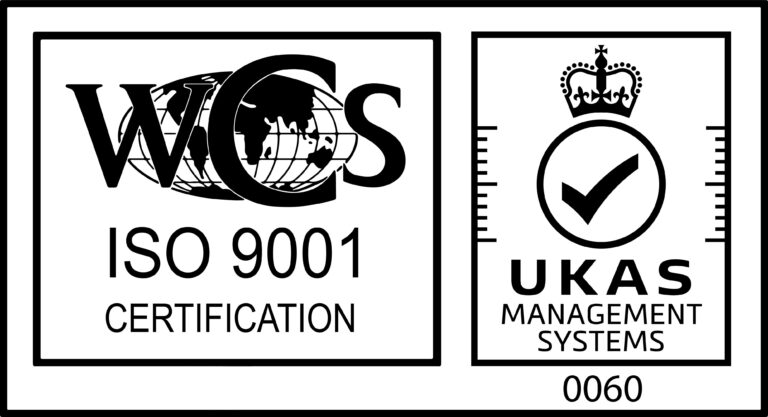Keeping children safe in education
The government has issued a new draft amendments to “Keeping children safe in education” which would require schools in England to set online filters and monitor pupils’ internet use. This “new” requirement is part of government plans to protect children from radicalisation.
How ‘Keeping children safe in education’ will affect your school
Safeguarding children has never been more of a political, social and educational hot potato – most particularly where e-safety is concerned. And following this announcement the education and news forums have been alight as much with derision for the plans as praise. Many of the “nays” take the view that schools are already monitoring and filtering as much as possible (they argue schools would automatically fail an Ofsted inspection if they did not do so) and any remaining issue over child e-safety is decidedly not one which lies at schools’ doors. At the other extreme some of the “ayes” would go much further than the government and make the internet completely unavailable in all schools. Period.
In fact the only area of total agreement seems to be that the internet holds horrors of all descriptions from which children need to be protected until they are old enough to exercise informed judgement on what they are prepared to view. What form that protection takes, and whose responsibility it is to provide it, is where the “potato” starts to overheat…
One thing is certain: schools can only deliver a tiny fraction of the safeguarding needed to protect children from images and information they are unready (and may never be ready) to absorb.
Ofcom, the independent regulator for the UK communications industries, in its 2014 review of IT technology usage and attitudes reported that one in three UK children had their own tablet computer – this figure is from 18 months ago and had nearly doubled in just one year. Among children aged 5 – 15, a third had access to their own tablet, in addition to devices belonging to parents or school. Nearly two thirds used a tablet at home and one in three had a smartphone.
And who is overseeing children’s use of these items, out of school or in it?
Over half of parents reported using filters, PINs & passwords, parental control and/or virus protection software. Only HALF?! What has the government to say about that? And that’s before we consider the level of parental know-how in this field.
So let’s do just that. In the Ofcom report, nearly two-thirds of the parents felt their children knew more about the internet than they did (and 100 per cent of them will have been right).
It is in this climate that education secretary Nicky Morgan has said the government is concerned that some pupils had been able to access information about so-called Islamic State, at school.
It is everyone’s responsibility to protect children – and there is no shortage of information available out there to help us all to do it. The trick is getting the know-how in front of the right people. And it is parental inertia and pupil empowerment which seem to Connex to be the real two areas requiring major improvement.
We can’t do it all. We can’t do even a fraction of what needs doing. But at Connex we are sincerely trying to do our bit. Schools which use our services now automatically get access to free safeguarding training for staff, and for their parents, too. And we have recently launched an e-cadet scheme for our schools in which pupils are trained to be able to offer peer support over IT worries including grooming, bullying and inappropriate content. Connex got involved in providing this peer support because we were convinced many children will first go to a friend with a worry rather than tell a parent or other adult. And the scheme has already seen one adult groomer caught and removed from circulation, due to pupil peer-support intervention.
A 360 degree approach to protecting children is what we believe is really required. With all of us – inside school and outside – doing our bit NOW.
Meanwhile, the results of the consultation on the government’s proposals for schools to filter their internet, and the DfE’s response to that feedback, will be published in the spring.





